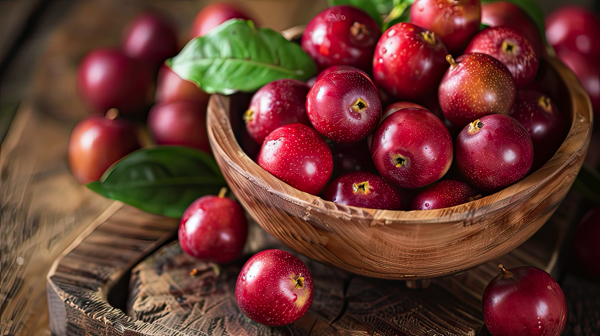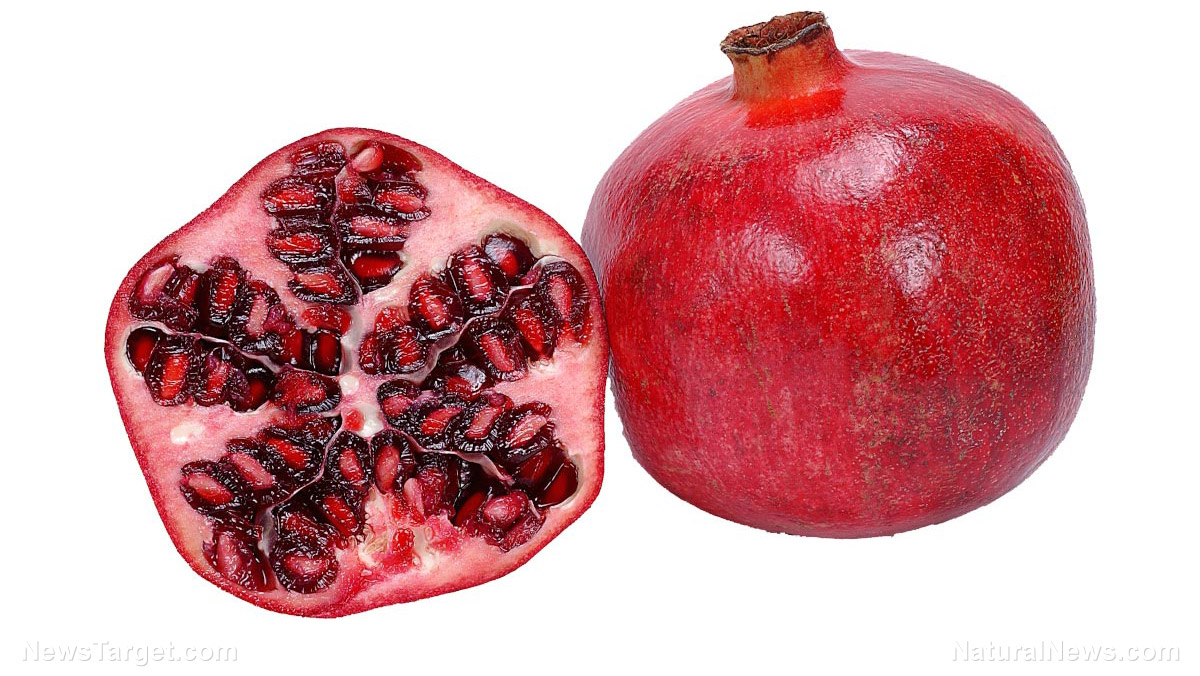
Advertisement
The brown marine alga Ecklonia cava can protect against nerve damage and help prevent Parkinson’s disease, according to a study published in the journal Nutrients.
Also known in Japan as “kajime,” this seaweed belongs to the kelp family and thrives in the Pacific’s warm coastal waters. Researchers investigated how the antioxidants and polyphenols in kajime could help prevent Parkinson’s by conducting tests on both animal models and cell cultures.
Associate professor Akiko Kojima-Yuasa of Osaka Metropolitan University, one of the study’s authors, noted that kajime is abundant in phlorotannins, a type of polyphenol found exclusively in brown algae that possess powerful antioxidant properties. (Related: Seaweed prevents Parkinson’s disease, according to new study.)
Parkinson’s disease is a progressive neurological disorder that causes difficulties with movement, general body control and speech. It is the second most prevalent neurodegenerative disorder globally next to Alzheimer’s disease.
Kojima-Yuasa noted that the study used a mouse model to explore the potential protective effects of kajime polyphenols and to understand the biological mechanisms at play.
Parkinson’s is triggered by the degeneration of neurons that produce dopamine, a neurotransmitter critical for cognitive processes and movement. The precise cause of this nerve cell loss remains uncertain.
According to the study, the antioxidants in kajime may help prevent nerve damage by reducing the production of reactive oxygen species (ROS) — free radicals that can damage cellular components such as DNA and proteins.
The study found that kajime extract can activate the AMP-activated protein kinase (AMPK) enzyme, which helps regulate cell metabolism and promotes energy production and recovery.
Minimizing the production of reactive oxygen species is critical as these harmful molecules can damage dopaminergic neurons, which are responsible for regulating dopamine neurotransmitters. Currently, treatment options for Parkinson’s disease focus solely on managing symptoms, highlighting the urgent need for new therapies and preventive strategies.
Seaweed extract able to reverse motor impairments
In this study, researchers tested motor function in mice by feeding them kajime extract for a week before orally giving them rotenone, a chemical commonly used as an herbicide and pesticide that is known to cause nerve damage.
The results showed that the motor impairments caused by rotenone were reversed after treatment with kajime extract. The mice also showed improvements in intestinal motor function and the structural integrity of the colon’s mucosal tissue.
Additional cellular experiments reinforced the protective role of kajime. In particular, they revealed that the antioxidants in kajime seaweed can activate the AMPK enzyme, a key regulator in cellular energy, and reduce the production of ROS which are linked to neuronal cell death.
The researchers noted that oral administration of rotenone led to motor and gastrointestinal dysfunction in the mice, but these effects were effectively counteracted by the administration of kajime polyphenols.
Kojima-Yuasa stressed that kajime’s antioxidants can protect neurons by activating AMPK and reducing ROS production. She expressed hope that this seaweed could become an important ingredient in preventing Parkinson’s disease. A previous study published in Marine Drugs already reported the ability of kajime polyphenols to help prevent liver fibrosis and alcoholic liver disease.
Scientific study finds eating seaweed may help prevent Parkinson’s disease. Watch this video.
This video is from the Daily Videos channel on Brighteon.com.
More related stories:
Seaweed found to accelerate excretion of dioxins from the body: STUDY.
Seaweed forests hold key to overcoming antibiotic resistance, says study.
Study: Compounds in seaweeds show promise in cancer research.
Compound in wakame seaweed found to have anticancer properties.
Sources include:
Advertisements







